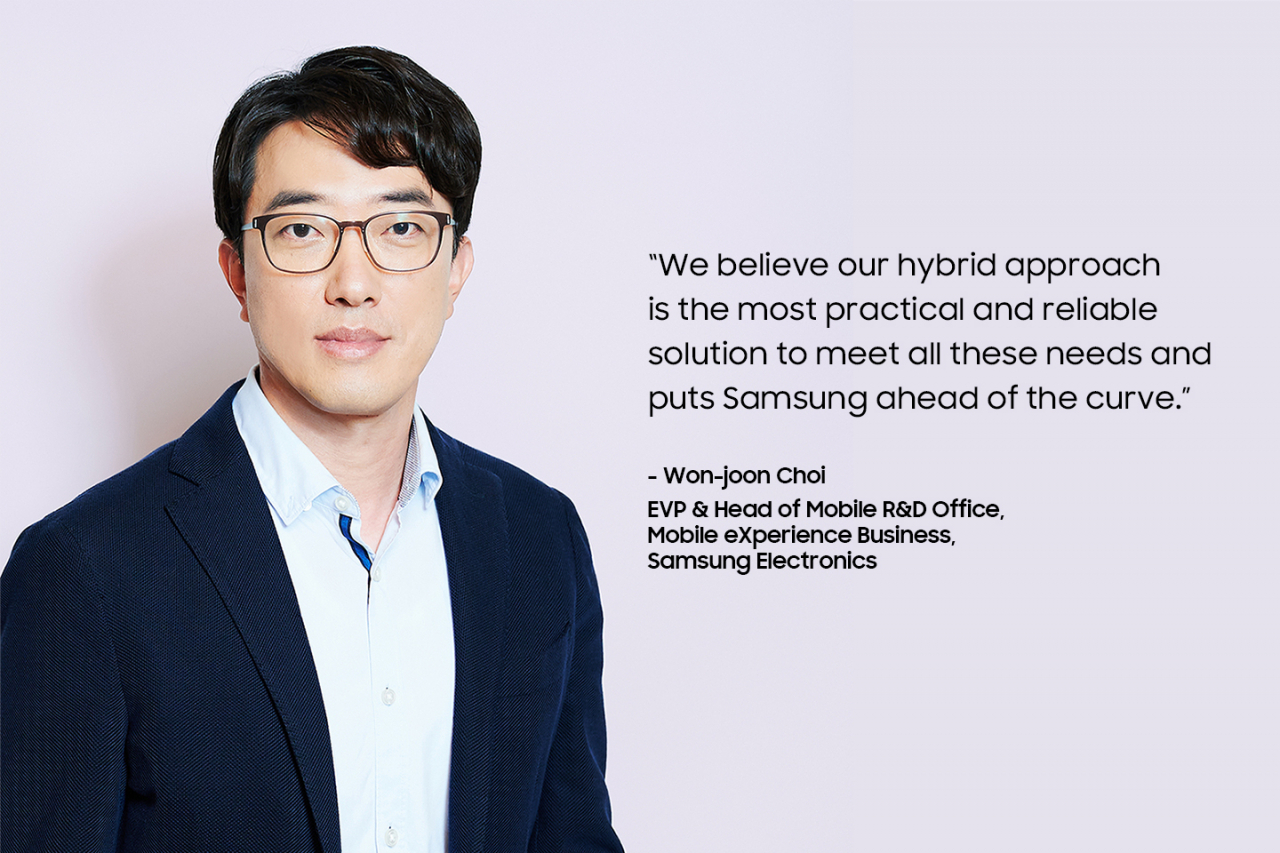
Samsung Electronics is planning to extend its real-time translation feature, powered by artificial intelligence, to third-party messaging apps such as KakaoTalk to support voice calls. This move is part of the company's efforts to broaden the reach of its on-device Galaxy AI. Choi Won-joon, the executive vice president in charge of Samsung Electronics' R&D office for mobile devices, shared in an editorial that the Galaxy AI features will be specifically tailored for use on foldable smartphones, with the upcoming Galaxy Z Fold6 and Galaxy Z Flip6 set to feature optimized Galaxy AI. Choi highlighted the expansion of Live Translate to third-party messaging apps as a means to facilitate barrier-free communication without compromising user privacy. He emphasized the integration of the feature into the on-device AI language translation model, ensuring that personal data remains secure within the user's device. Additionally, Choi discussed the potential of Samsung's hybrid AI model to enhance the mobile experience by striking a balance between the speed and security of on-device AI and the extensive capabilities of cloud-based AI. He expressed optimism about the increasing integration of mobile AI features within devices, driven by advancements in intelligent computing power and technologies such as NPUs (neural processing units), ultimately aiming to make everyday life more convenient and secure for users.
